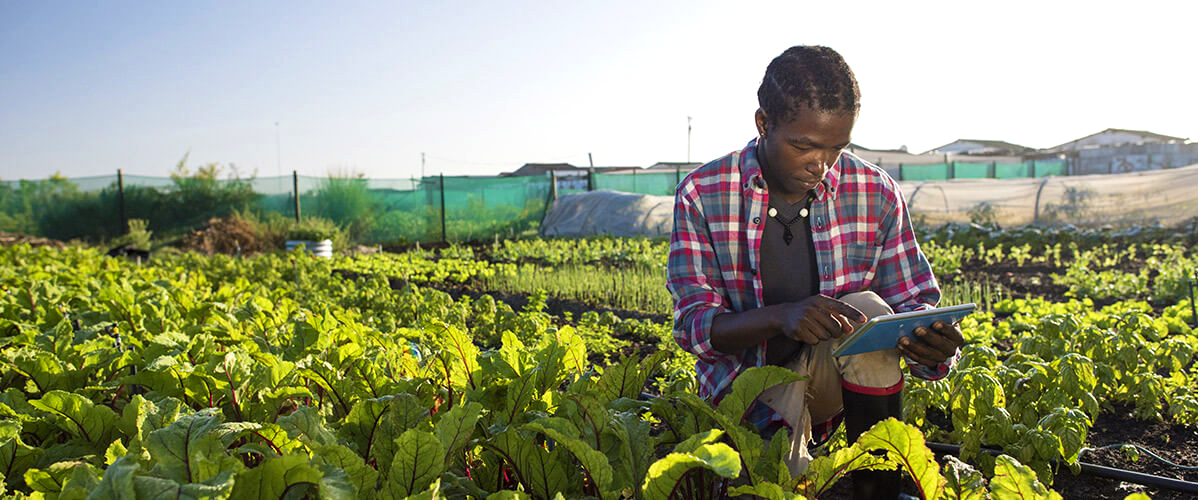Nigerian youths are the leaders of tomorrow. Revitalizing African culture through agriculture is a strong way to reconnect with traditions, stories, and sustainable practices that have shaped ancient Nigerian native communities for generations.
As Nigeria strives to becomes a secure land for its youths, the economy must begin to recall and embrace skills that puts an end to rural urban migration, a tragic legacy from colonisation.
Some business projects below to help the Nigerian youth, remain in the rural areas productively, include:
🌾 1. Revive Indigenous Farming Practices
African agriculture has deep roots in ecological knowledge and sustainable practices:
- Intercropping and companion planting (e.g., maize, beans, and cassava).
- Use of organic fertilizers like manure and compost.
- Rainwater harvesting and terracing used in highlands of Mambila in Taraba ststae.
- Traditional seed saving and sharing.
These methods connect people back to ancestral ways of living in harmony with nature.
🍠 2. Grow Indigenous Crops
Focusing on native and heritage crops helps preserve biodiversity and cultural identity:
- Fonio, teff, sorghum, millet, and yam.
- Baobab, moringa, egusi, and bitterleaf.
- Each crop carries cultural significance and is often tied to rituals, ceremonies, or seasonal celebrations.
🧓🏾 3. Integrate Storytelling & Oral Traditions
Agriculture was often accompanied by storytelling:
- Involve elders in teaching youth about farming and the myths or proverbs tied to planting and harvest seasons.
- Hold community farming days where stories, songs, and dances are shared on the farm.
🎭 4. Celebrate Traditional Festivals
Many Nigerian cultures have festivals linked to agriculture:
- Yam festivals in eastern and middle belt of Nigeria.
- Harvest dances all over Nigeria north to south.
- Use these events to showcase traditional food, dress, music, and farming tools.
🥘 5. Preserve Culinary Heritage
Food is a direct expression of agriculture and culture:
- Promote traditional cooking methods and dishes made from indigenous crops.
- Organize farm-to-table events celebrating African cuisine.
- Teach the next generation how to prepare and grow the ingredients.
🧵 6. Crafts and Tools from the Land
Use agricultural by-products to revive traditional crafts:
- Weaving baskets from palm or sisal.
- Making dyes from plants or tools from wood and bone.
🧑🏾🌾 7. Cultural Education through Agro-Tourism
Create experiences where visitors can learn about Nigerian farming techniques and culture:
- Farm tours that explain the cultural meaning behind crops.
- Workshops on traditional farming tools or cooking classes.
🛖 8. Land and Spiritual Connection
In Nigerian native societies, land is sacred:
- Reintroduce rituals for planting and harvesting that honour the ancestors.
- Encourage respectful use of land, based on community values.
SOURCE: UnyfacJournal
IMAGE: Web










